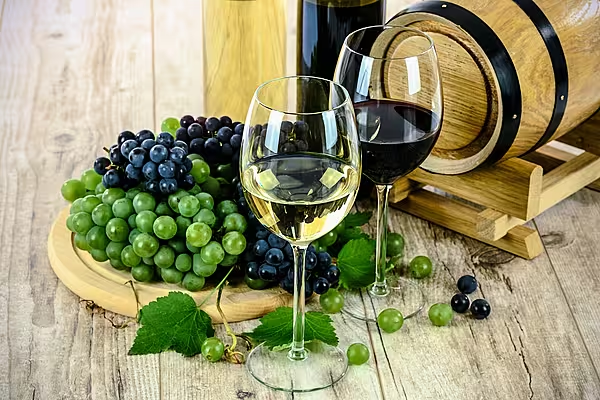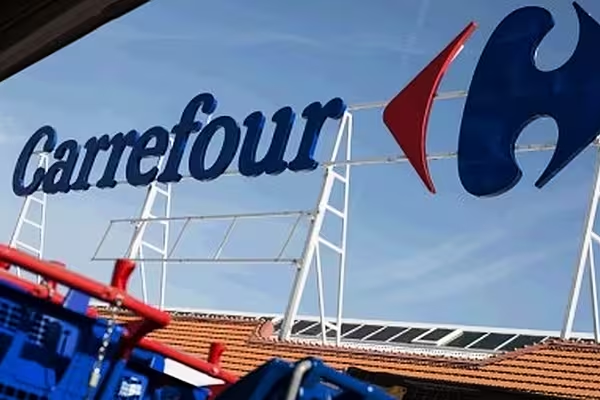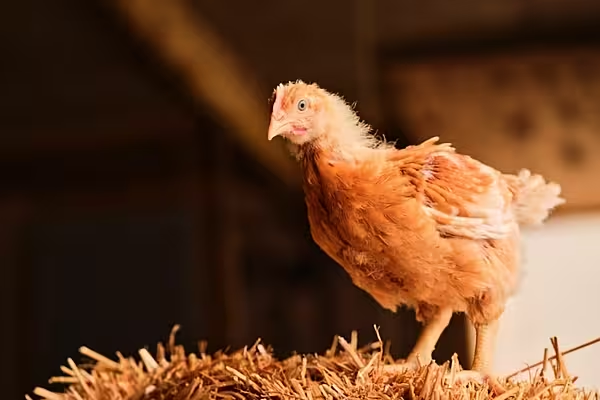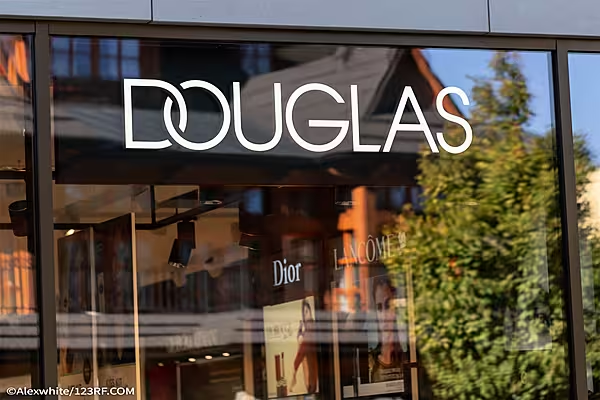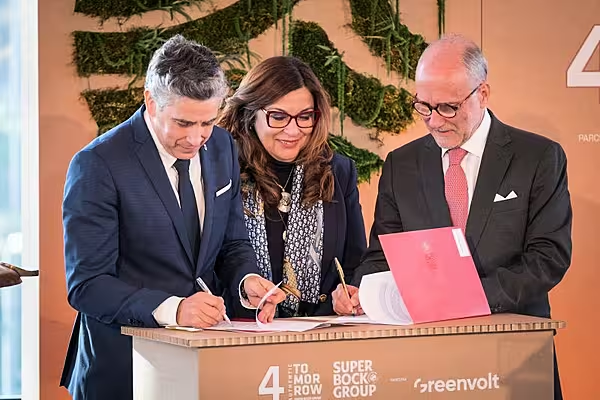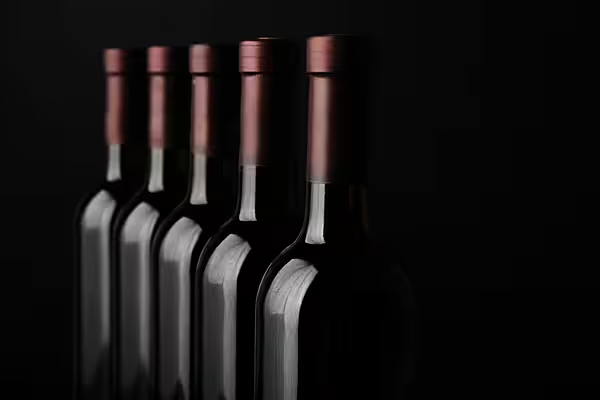The market for organic wine will grow rapidly in the next five years as environmentally-conscious consumers increasingly favour pesticide-free wines, but their market share will remain relatively small globally, a study showed.
In a report released on Friday, wine and spirits consultancy IWSR forecast global sales of organic still wine will top 1 billion bottles by 2022, up from 676 million last year and nearly three times the 349 million bottles sold in 2012.
Growth in the five year period from 2017 to 2022 will be driven by the United States with a more than 14% rise followed by South Africa and Norway at 13.5%.
Market Share
The share of organic wines - those produced on vineyards cultivated without chemical pesticides or fertilisers - of the global wine market would remain relatively low at 3.6%, compared with 2.4% in 2017, IWSR said.
"There is a big margin for organic wine to keep rising," Jose Luis Hermoso, research director at IWSR told Reuters.
This is good news at a time when global wine consumption is stagnating, even declining in key markets such as France and Spain, he said.
Nearly four bottles out of every five of organic wine sold last year were in Europe, with the three leaders Germany, France and the UK accounting for 50% of the market, IWSR said.
In France, the surge in organic wine sales is particularly strong, with the market share seen reaching 7.7% by 2022.
Chateau Latour, one of the most prestigious Pauillac chateaux in the Bordeaux region, property of French billionaire Francois Pinault since 1993, obtained its certification as organic wine last month.
Alternative Pesticides
But other producers have abandoned their organic projects, often discouraged by growing criticism of the use of alternative pesticides such as copper and sulphur, permitted under organic farming rules, or after their unprotected vineyards were damaged by fungi attacks.
Hermoso said there was uncertainty among European producers about whether to continue using sulphur and he added that mildew did significant damage to the harvest in some regions.
Conversions of vineyards to organic wine in the main producing countries has slowed down recently and IWSR estimates that in 2022 there will be 545,000 hectares dedicated to organic wine in the world, compared to 408,000 hectares in 2017 and 284,000 in 2012.
News by Reuters, edited by ESM. Click subscribe to sign up to ESM: European Supermarket Magazine.
